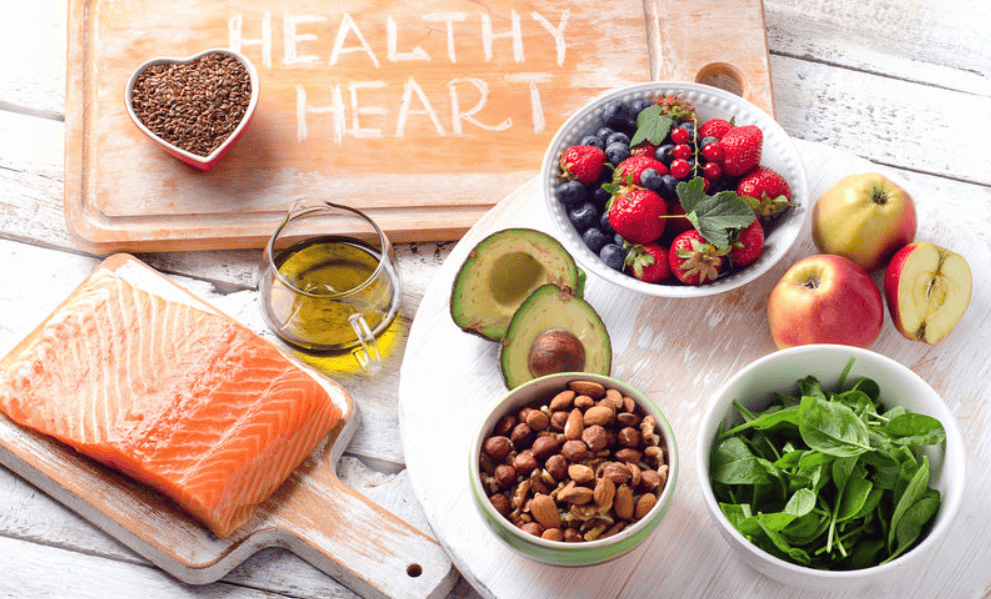In our daily lives, the controversy about diet never stops. Especially in the two completely different dietary habits of “eating meat” and “eating vegetarian”, everyone sticks to their own opinions and debates endlessly. So, who is more likely to live longer, meat lovers or vegetarians? Today, let’s explore this interesting topic.
Meat lovers: Strong and energetic?
First, let’s take a look at the group of meat lovers. They usually have a preference for meat products, whether it’s red meat, white meat, or seafood, they love them all. This group of people often gives the impression of being strong and energetic. Meat products are rich in quality proteins, iron, zinc, and other nutrients, which play an important role in maintaining normal body functions. Moderate consumption of meat products helps to enhance physical strength, boost immunity, and has positive effects on overall health. However, excessive and long-term intake of meat products also carries certain risks. For instance, high-fat and high-cholesterol meat products like red meat can lead to obesity, hypertension, high blood lipids, and cardiovascular diseases. Additionally, during processing, meat products may produce carcinogenic substances, increasing the risk of cancer with prolonged consumption. Therefore, meat lovers need to control their intake and avoid excessive consumption.
Vegetarians: Light, healthy, and the secret to longevity?
Next, let’s take a look at the group of vegetarians. They advocate for nature, pursue health, mainly consume plant-based foods, and consume meat products infrequently. This group of people often gives the impression of being light, healthy, and elegant. Vegetarian diets are rich in dietary fiber, vitamins, minerals, and other nutrients, which help lower cholesterol, prevent cardiovascular diseases, and promote overall health. Furthermore, vegetarian diets help alleviate gastrointestinal burden, aid in digestion and absorption, and offer some assistance in improving constipation, diarrhea, and other gastrointestinal issues. However, long-term vegetarianism also carries certain risks. Firstly, vegetarian diets tend to be lower in protein, iron, zinc, and other nutrients. Inadequate intake may lead to malnutrition, anemia, and other issues. Secondly, vegetarian diets lack certain essential fatty acids, which, with prolonged intake, may compromise overall health. Therefore, vegetarians need to ensure a balanced intake of nutrients, make proper ingredient combinations, and avoid nutritional deficiencies.
Who is more likely to live longer?
So, who is more likely to live longer, meat lovers or vegetarians? In fact, the answer to this question is not absolute. Factors such as one’s physical condition, genetic makeup, living environment, etc., all influence lifespan. From a dietary perspective, regardless of whether one loves meat or prefers a vegetarian diet, the key is to maintain a balanced nutrient intake. Meat products are rich in quality proteins and other essential nutrients that benefit overall health, while a vegetarian diet helps in reducing cholesterol and preventing cardiovascular diseases. Therefore, we should make sensible ingredient combinations based on our own situations—ensuring sufficient intake of meat products to meet nutritional needs and appropriate consumption of plant-based foods to maintain good health. Additionally, apart from dietary factors, longevity is also influenced by genetic makeup, living environment, physical exercise, and various other factors. Hence, we should take multiple aspects into consideration to maintain good health and extend lifespan.


